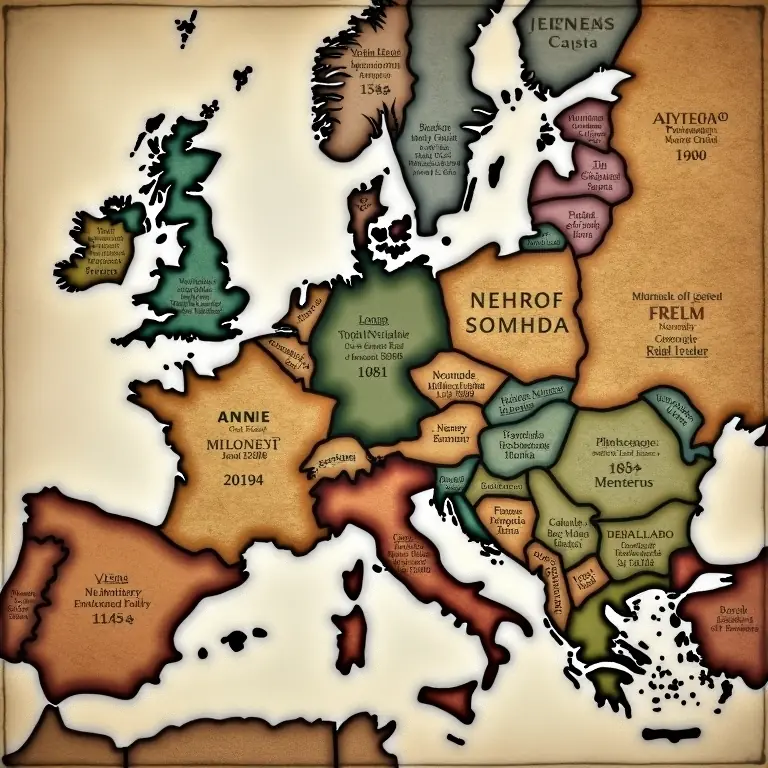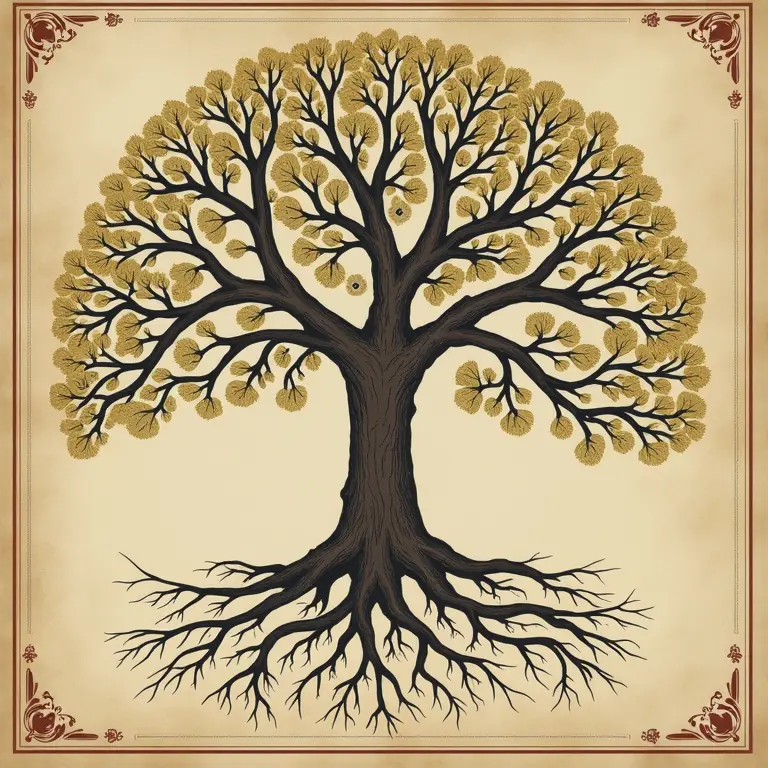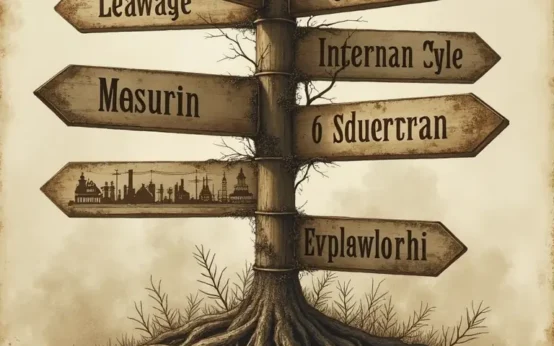For many of us, our last name is a fundamental part of our identity. It connects us to generations past, a tangible link to our ancestry. But have you ever stopped to wonder where your last name actually *came* from? Beyond simply being a family identifier, last names are fascinating historical artifacts, echoing professions, locations, personal characteristics, and even nicknames of our forebears. This article delves into the surprisingly consistent origins of common last names, exploring the etymology and historical context that shaped the names we carry today. We’ll uncover the patterns and themes that emerge when tracing these linguistic roots, revealing a captivating story of societal structures, migration patterns, and the evolution of language itself.
The Rise of Surnames: A Historical Overview
Before the widespread adoption of surnames, most people were identified by a single name. This system worked reasonably well in small, close-knit communities where everyone knew each other. However, as populations grew and societies became more complex, the need for more specific identifiers became apparent. The emergence of surnames wasn’t a sudden event; it was a gradual process that unfolded differently in various parts of the world.
In Europe, the practice of using surnames began to gain traction around the 11th and 12th centuries. Several factors contributed to this trend. The growth of feudalism, with its emphasis on land ownership and inheritance, created a need to distinguish between individuals with the same given name who lived in the same area. The increase in commerce and trade also necessitated more precise identification for legal and administrative purposes. The Norman Conquest of England in 1066 played a particularly significant role in accelerating the adoption of surnames in England, as the new ruling class implemented more rigorous record-keeping practices.
Initially, surnames were often fluid and changeable, reflecting a person’s circumstances or location. A person might be known as John the Baker, or Mary of the Wood. Over time, however, these identifiers became hereditary, passed down from parent to child. This solidification of surnames created the genealogical framework we rely on today. The process wasn’t uniform; some countries adopted hereditary surnames earlier than others, and regional variations were common.
Categorizing Surname Origins
While the specific origins of any given surname are unique, they can generally be categorized into several broad groups. Understanding these categories provides a framework for deciphering the meaning behind a name and tracing its historical development.
Occupational Surnames
Perhaps the most common category, occupational surnames derived from a person’s profession or trade. These names offer a direct glimpse into the economic and social life of our ancestors. Examples abound:
- Smith: Arguably the most common surname in English-speaking countries, “Smith” refers to a blacksmith, a vital artisan in medieval society.
- Miller: Indicates someone who operated a mill, grinding grain into flour.
- Baker: Self-explanatory, denoting someone who baked bread.
- Cooper: A maker of wooden barrels, essential for storage and transportation.
- Taylor: A maker of clothes (a ‘cutter of cloth’).
- Carpenter: A worker in wood.
- Weaver: Someone who weaves cloth.
- Mason: A stone builder.
These surnames highlight the importance of skilled trades in pre-industrial societies. The prevalence of certain occupational names in specific regions can also reveal patterns of economic specialization.

Locational Surnames
Locational surnames originated from a person’s place of origin, whether a town, village, or geographical feature. These names often reflect migration patterns and the movement of people over time.
- Hill: Someone who lived near a hill.
- Rivers: Residing near a river.
- Wood: Living near a wood or forest.
- Brook: Near a small stream.
- London: Originating from the city of London.
- York: From the city of York.
- Scott: Referring to someone from Scotland.
These names often started as descriptive terms, evolving into hereditary surnames as people moved away from their original location but retained the name as a marker of their ancestry. Variations in spelling often reflect different dialects or historical spellings of the place name.
Patronymic Surnames
Patronymic surnames are derived from the father’s given name. Common in many cultures, these names often use prefixes or suffixes to indicate “son of.”
- Johnson: Son of John.
- Williams: Son of William.
- Anderson: Son of Andrew.
- Robertson: Son of Robert.
- MacDonald: Son of Donald (Scottish and Irish).
- O’Brien: Descendant of Brian (Irish).
The use of “Mac” and “O’” prefixes, prevalent in Scottish and Irish surnames, signifies “son of” and “descendant of,” respectively. These names provide valuable clues about family lineage and ancestral origins. The prevalence of patronymic surnames highlights the importance of the paternal line in many cultures.
Descriptive Surnames (Nicknames)
Descriptive surnames originated as nicknames based on a person’s physical characteristics, personality traits, or habits. These names often offer a more personal and intimate glimpse into the lives of our ancestors.
- Red: Referring to someone with red hair.
- White: Describing someone with fair hair or complexion.
- Brown: Indicating brown hair or skin.
- Long: A tall or lanky individual.
- Short: A short or diminutive person.
- Strong: A physically strong individual.
- Wise: Someone perceived as intelligent or knowledgeable.
These nicknames often started as casual observations, becoming formalized as surnames over time. They reflect the values and perceptions of the society in which they originated.

Beyond the Basics: Less Common Origins
While the above categories encompass the majority of surnames, some have more unusual origins. These can include names derived from:
- Animals: Names like “Fox,” “Bird,” or “Wolf” might have originated as totemic symbols or nicknames based on animal characteristics.
- Plants: Names like “Rose,” “Willow,” or “Lavender” could have been inspired by flora in the local environment.
- Religious Titles: Names like “Pope” or “Bishop” may have originated from ancestors who held religious positions.
- Mythological Figures: Rarely, names might be derived from figures in mythology or folklore.
The Evolution of Spelling and Regional Variations
It’s crucial to remember that surnames weren’t always spelled consistently. Before standardized spelling, variations were common, influenced by regional dialects, scribal errors, and personal preferences. A name like “Smith” might appear as “Smyth” or “Smitt” in historical records. Tracing these variations can be challenging but rewarding, providing insights into migration patterns and family connections.
Regional variations also played a significant role. The same surname might have originated independently in different locations, leading to distinct spellings and pronunciations. For example, different branches of a family might have adopted slightly different versions of the name as they settled in different regions.
The Interplay of Culture and Surname Origins
Surname origins are deeply intertwined with cultural and historical contexts. Different cultures have different naming conventions and traditions. For example, in some cultures, surnames are matrilineal, passed down through the mother’s line. In others, the use of multiple surnames is common. Understanding these cultural nuances is essential for accurate genealogical research.
Resources for Tracing Your Surname
Numerous resources are available to help you trace the origins of your surname. These include:
- Online Surname Databases: Websites like Ancestry.com, Forebears.io, and HouseofNames.com offer extensive surname databases and etymological information.
- Genealogical Societies: Local and national genealogical societies can provide valuable expertise and resources.
- Historical Records: Census records, parish registers, and land deeds can offer clues about your ancestors and their surnames.
- Etymological Dictionaries: Dictionaries specializing in the origins of words can provide insights into the meaning and history of surnames.
The Significance of Studying Surname Etymology
Studying surname etymology isn’t just about uncovering the origins of a name; it’s about connecting with the past and understanding the forces that shaped our ancestors’ lives. It’s about appreciating the rich tapestry of human history woven into the very fabric of our identities. It’s a journey of discovery that can reveal surprising connections and provide a deeper sense of belonging. The consistency in the types of surnames that emerged – occupational, locational, patronymic, descriptive – reveals a surprising amount about the social structures and priorities of past societies. This consistency mirrors the patterns we see in other aspects of human ingenuity, such as ancient building proportions and even bird nest construction – a testament to underlying principles of efficiency and adaptation.
Furthermore, the evolution of surnames often parallels the evolution of other systems designed for organization and clarity. Consider the development of early road sign systems, or the standardization of historical weights and measures. All these systems reflect a human need to categorize, identify, and maintain order. Even seemingly disparate crafts, like traditional quilting, demonstrate consistent patterns that speak to shared cultural understandings and aesthetic preferences.
Ultimately, the story of surnames is a story of human migration, adaptation, and the enduring power of identity. It’s a reminder that we are all connected to a long and fascinating history, a history that is written in the very names we bear.


 The Curious Lexicon of Lost Trades
The Curious Lexicon of Lost Trades  The Surprisingly Consistent Etymology of Place Names – Uncovering Stories in Street & Town Origins
The Surprisingly Consistent Etymology of Place Names – Uncovering Stories in Street & Town Origins  The Surprisingly Consistent Etymology of Food Names: From Origins to Our Plates
The Surprisingly Consistent Etymology of Food Names: From Origins to Our Plates  The Surprisingly Consistent Etymology of Brand Names – How History Shaped What We Buy
The Surprisingly Consistent Etymology of Brand Names – How History Shaped What We Buy  Echoes of the Past: Uncovering the Origins of Common Idioms
Echoes of the Past: Uncovering the Origins of Common Idioms  The Untold Stories in Street Names: A History Hidden in Plain Sight
The Untold Stories in Street Names: A History Hidden in Plain Sight